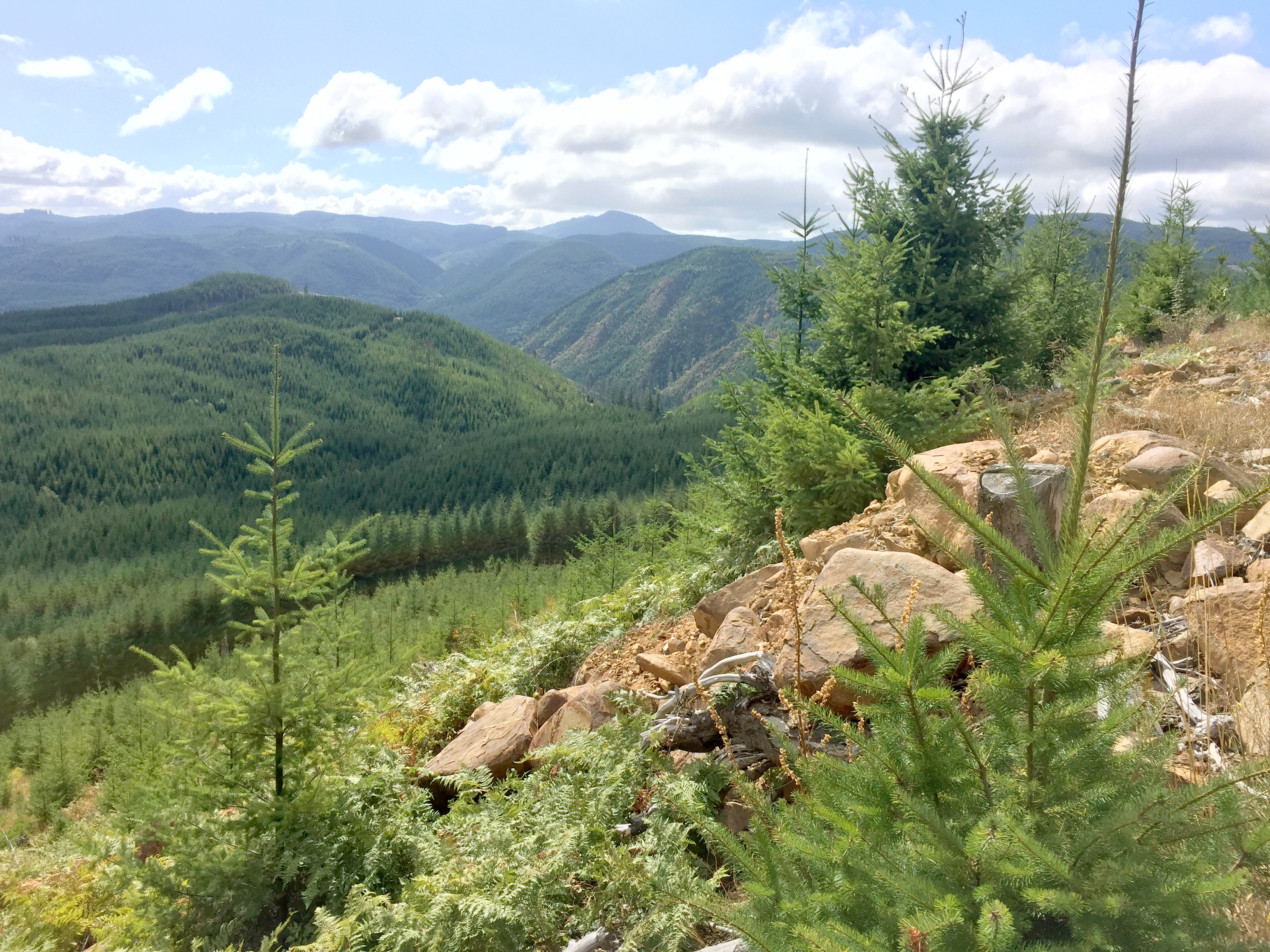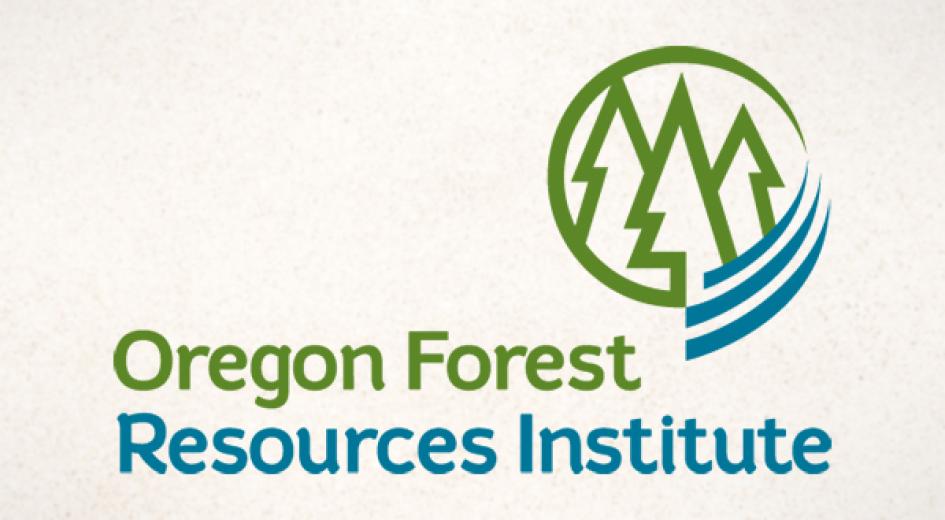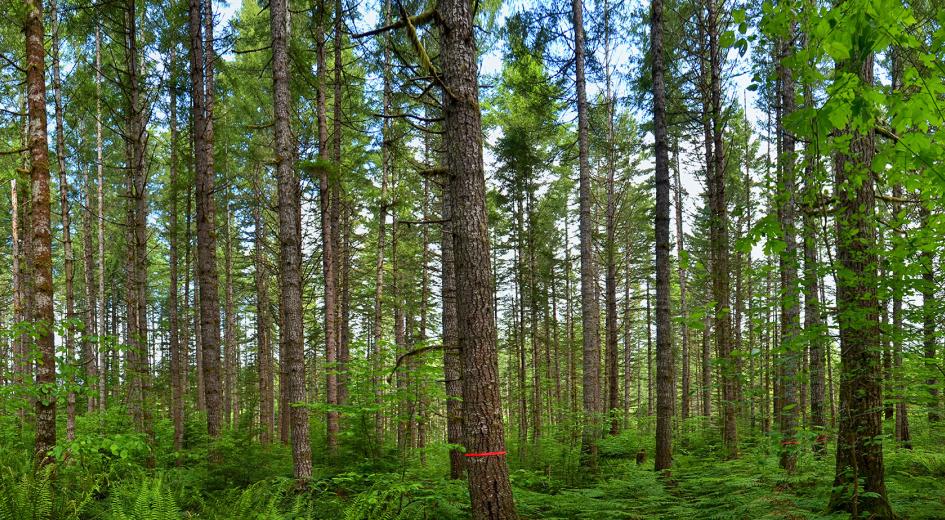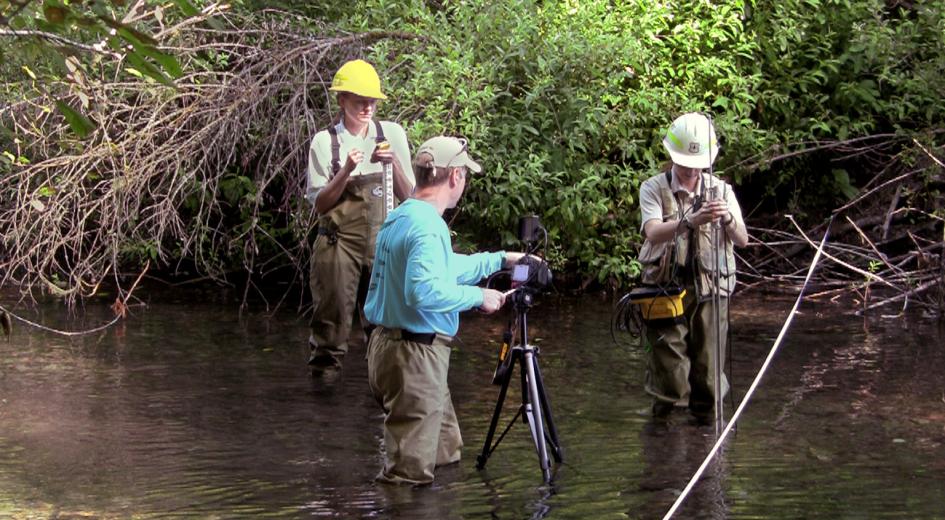Forestry education website updated
September 11, 2025The Partnership for Forestry Education has updated its KnowYourForest.org website, which serves as a gateway to the information, tools and educational opportunities available to Oregon’s forest landowners.
Summit to highlight forest wildlife research
September 09, 2025The Oregon Forest Resources Institute (OFRI) and partners are hosting the inaugural Forest Wildlife Research Summit Oct. 30 at Oregon State University in Corvallis to highlight scientific research on the habitat needs of forest-reliant wildlife.
Oregon Forest Facts updated for 2025-26
May 14, 2025This pocket-sized booklet serves as a detailed reference guide to Oregon’s forests and forest-based economy, including maps, graphs, statistics and more.
Oregon Envirothon tests students’ science skills
May 14, 2025A team of students calling themselves “The Rogue Pack” from Logos Public Charter School in Medford won the Oregon Envirothon for the fourth year in a row at the 2025 statewide competition on May 2 at The Oregon Garden in Silverton.
Signs highlight Oregon’s Christmas tree industry
November 26, 2024New interpretive signs installed near the Oregon Forest Resources Institute’s Christmas tree demonstration plot at The Oregon Garden will help visitors to the Silverton attraction learn about Oregon’s Christmas tree industry.
Report focuses on sustainable wood sourcing
October 29, 2024A new special report from the Oregon Forest Resources Institute examines what it means to manage forests responsibly, and how architects and builders can ensure that the wood used for their projects comes from sustainable sources.
Heath promoted to director of K-12 education
October 29, 2024The Oregon Forest Resources Institute has promoted Rikki Heath to director of K-12 education programs.
Medford’s Logos Public Charter School wins Oregon Envirothon for third year in a row
May 09, 2024A team of students calling themselves “The Rogue Pack” from Logos Public Charter School in Medford won the Oregon Envirothon for the third year in a row at the 2024 statewide competition on May 3 at The Oregon Garden in Silverton.
New digital edition of Illustrated Manual released
April 29, 2024The new Illustrated Manual, which includes information about the Private Forest Accord updates to the Forest Practices Act, is only available as a free digital download.
Timelapse video documents rapid tree growth
March 18, 2024Nine years ago, the Oregon Forest Resources Institute (OFRI) installed timelapse cameras in a reforested area on private timberland in Oregon’s Coast Range to capture the growth of 4-year-old and 9-year-old trees that were planted in a clearcut. Footage f
Videos explain reforestation process
March 13, 2024A new three-part educational video series produced by the Oregon Forest Resources Institute (OFRI) explores what it takes to reforest Oregon’s timber-producing forests.
OFRI hires forest landowner education manager
May 15, 2023Forester and silviculturist Kathryn Charlton joined the OFRI staff this month to help deliver forest landowner education programs and manage the Institute’s demonstration forest in Silverton.
Oregon Envirothon 2023 held fully in-person; Logos Public Charter School wins
May 09, 2023The 2023 Oregon Envirothon returned to a fully in-person event on May 5 at The Oregon Garden in Silverton, following two years of virtual competitions and a hybrid approach last year.




